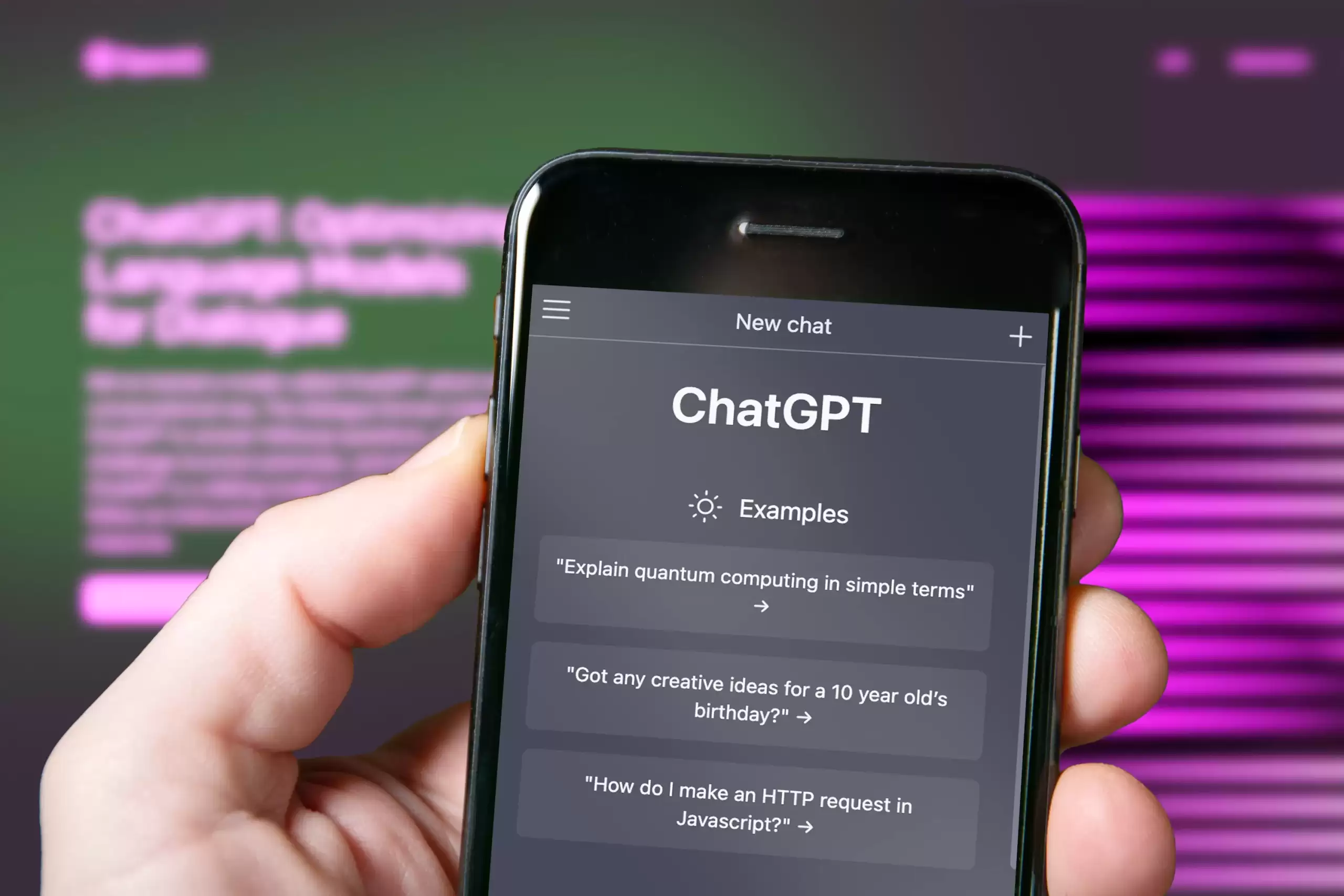Introduction:
In today’s digital age, we’re spending more time than ever on our smartphones, averaging around 7 hours per day connected to the internet. Our phones have become an extension of ourselves, checked an astonishing 58 times daily. It’s a habit that can quickly escalate into addiction, driven by the rewards of dopamine, validation, and entertainment. But it’s essential to regain control. Here are five ChatGPT prompts to help you overcome phone addiction.
1. Recognize Your Triggers:
To overcome phone addiction, you must first become self-aware. Identify when you use your phone, your emotional state, and your surroundings at those moments. Is it boredom, frustration, or just habit that drives you? Use this prompt to delve deeper into your triggers:
“I typically reach for my phone during [describe when you use your phone], especially when I’m feeling [explain your emotional state] or when I’m [describe your activity at the time]. From this information, help me identify potential triggers behind my phone usage.”
2. Replace Bad Habits with Good Ones:
Once you’ve pinpointed your triggers, it’s time to replace the habit with something constructive. Share your goals with ChatGPT and let it suggest alternative activities to fill the void. These new habits should contribute to your personal and professional growth:
“I want to find alternative activities that don’t involve screen time. Can you propose ways to substitute phone usage with habits that align with my goals, such as [describe your aspirations]? Also, suggest some rules for avoiding using my phone altogether.”
3. Create a 30-Day Plan:
Breaking habits takes time, so don’t rush the process. Ask ChatGPT for a 30-day plan that gradually leads to reduced screen time. Make your phone usage intentional rather than idle. Idle moments are opportunities for more productive activities:
“Changing my habits won’t happen overnight. Based on the suggestions, please provide me with a 30-day plan to develop new, phone-free habits incrementally. The plan should be manageable, focusing on one or two habit changes at a time. Include tactics for each step in the plan.”
4. Understand the Consequences:
To truly conquer phone addiction, you must grasp the actual costs involved. How does excessive phone use impact your physical and mental health, especially concerning your previously stated goals? Make the connection between pain and your actions:
“What are the adverse effects on my physical and mental health resulting from excessive phone use? Specifically, emphasize consequences related to the goals I’ve outlined.”
5. Enlist Friends for Support:
Breaking free from phone addiction is easier with a support system. Involve your friends in your 30-day challenge, share these prompts, and collaborate on accountability strategies. Spend quality time together without screens and exchange tactics for logging off:
“I’d like to get my friends on board with my 30-day challenge and encourage them to embark on similar challenges. Suggest ways to hold each other accountable and support our efforts to reduce screen time. Please ensure these suggestions do not involve increased screen time.”
Conclusion:
Regaining control over smartphone usage is essential for overall well-being and productivity. Use these ChatGPT prompts to understand your triggers, establish healthier habits, create a structured plan, recognize the consequences, and enlist friends for support. Take charge of your phone, and let it enhance your life instead of controlling it.
For more tech news and insights, visit Rwanda Tech News, and explore similar topics and trends in the world of technology.



